The Best Coconut Sugar Substitute (With Exact Ratios)

If you’re out of coconut sugar (or want to swap it out) the best coconut sugar substitute depends on how you’re using it. Baking, cooking, and low-carb recipes all behave differently when sugar is replaced.
Coconut Sugar Substitute (Quick Guide)
- Best overall substitute: Light brown sugar (1:1)
- Best refined sugar–free option: Maple syrup (¾ cup per 1 cup coconut sugar, reduce other liquids)
- Best keto option: Monk fruit sweetener (⅓ cup per 1 cup coconut sugar)
- Best for baking: Light brown sugar, date sugar
- Best for cooking or marinades: Maple syrup, honey, agave
All ratios and tips below are based on real baking and recipe testing.
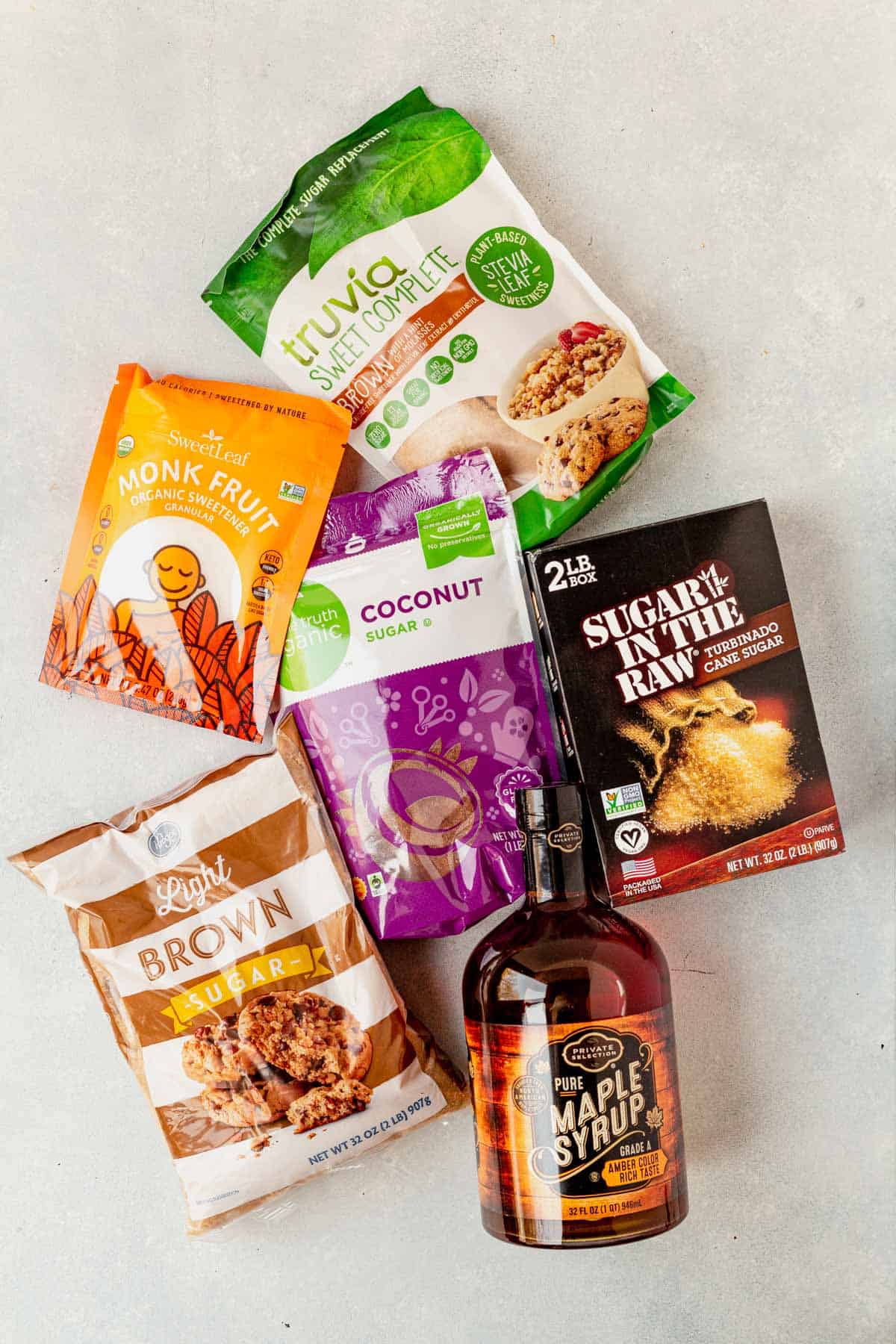
What is Coconut Sugar?
Coconut sugar is sugar made from the sap of coconut palm tree flowers and had a brown color similar to brown sugar. Recipes also call it coconut palm sugar, coco sap sugar, or coconut crystals.
It’s a natural sugar that is relatively unprocessed, especially when compared to other types of sugar, like regular white sugar. it’s become more popular in recent years because of it’s a good anti-inflammatory alternative to refined sugars.
Coconut sugar is a popular choice in many recipes. That’s because many people consider a healthier alternative to regular table sugar (regular white sugar). It possesses a lower glycemic index than white sugar, meaning it will raise blood sugar slower than regular sugar.
It has about the same amount of calories so coconut sugar is not a low-calorie substitution. The coconut nectar used to make coconut sugar is rich in amino acids and contains fiber and inulin, which both help slow the digestion of sugar.
How to Make Coconut Sugar
There is a simple 3-step process to make coconut sugar, including collecting the coconut palm sap (nectar), dehydrating it, then breaking that into the sugar granules we buy as coconut sugar.
You can find coconut sugar in your grocery store as coconut sugar or coconut palm sugar. Your grocery store may have palm sugar (no coconut in front) but they are not the same. Palm sugar is similar but comes from a palm tree.
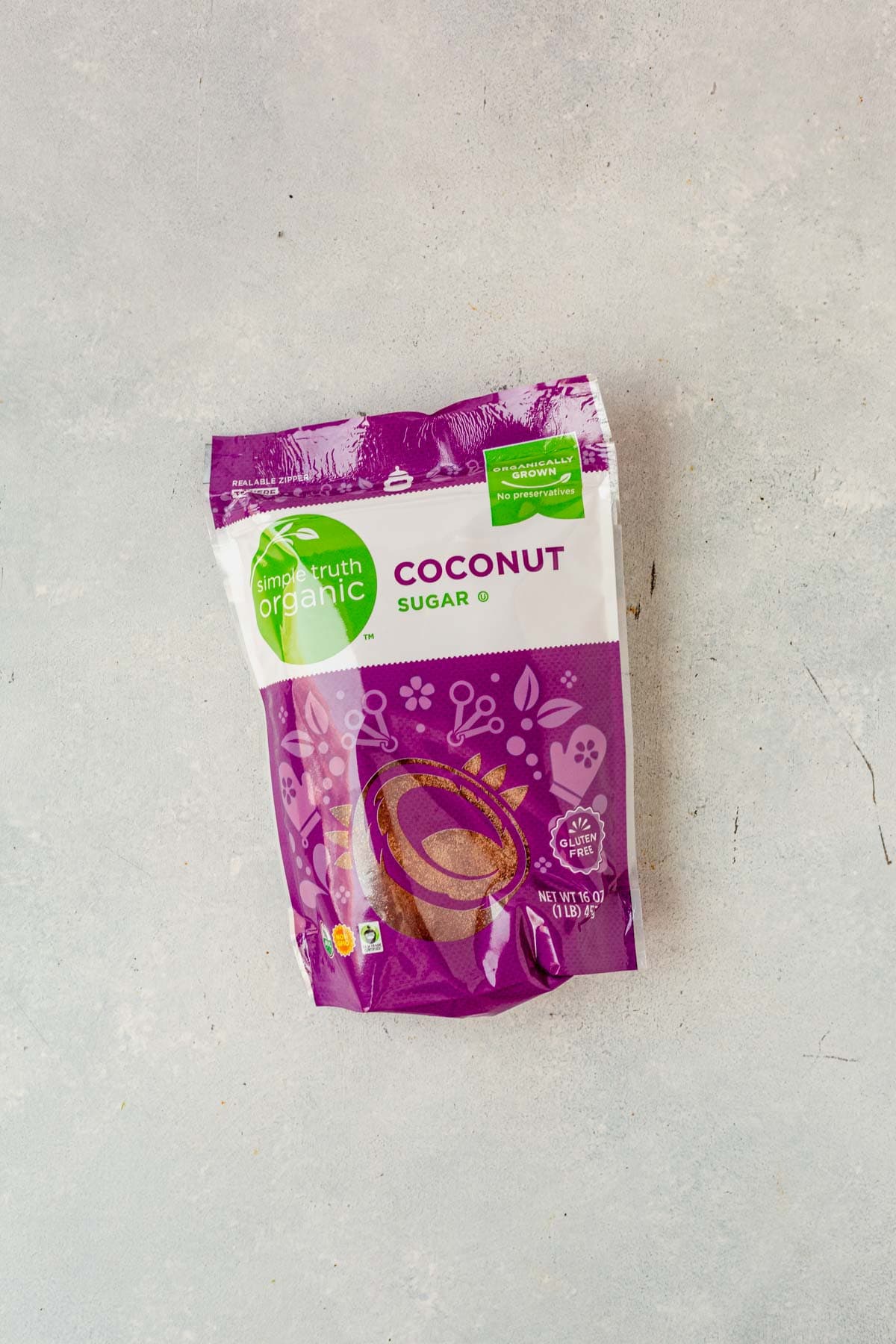
Best Overall Substitute for Coconut Sugar
Light Brown Sugar
This article covers several of the best coconut sugar substitutes but among the list, there is one stand out: light brown sugar.
Light brown sugar is the best alternative because it’s the most similar to coconut sugar in flavor, color, and consistency. Light brown sugar will give the most similar result to coconut sugar. It has a similar caramel-like flavor and moisture content. Because of this, it’s often used in recipes to keep them soft and moist, like in brown butter banana bread, or the majority of cookie recipes.
It’s easy to find in any grocery store and there is probably a good chance that you have some on hand already!
Note: Light brown sugar and dark brown sugar are not the same. Dark brown sugar contains higher molasses content and will change the flavor of your recipe if you substitute dark instead of light.
Keep in mind: Brown sugar is slightly acidic, which reacts to baking soda in baking recipes to help them rise. Coconut sugar is mostly neutral. If you are swapping coconut sugar into a baked good instead of brown sugar, make sure it includes an acid, adjust the recipe with something acidic, or use baking powder. You can learn more about the difference between baking soda and baking powder.
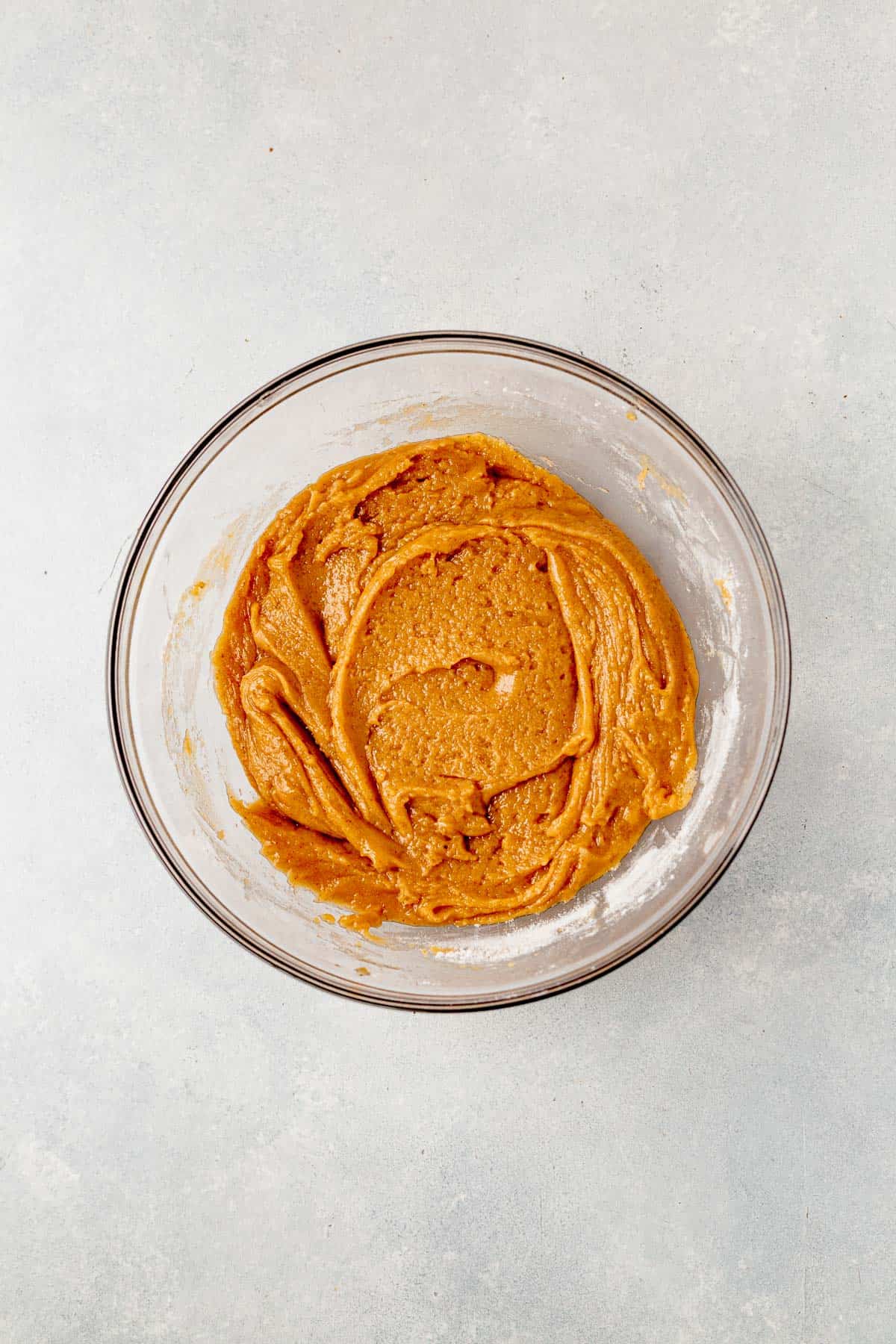
Best Granulated or Regular Sugar Substitutes
All granulated sugar substitutes will use a 1:1 ratio for substitution. This means that if the recipe calls for 1 cup of coconut sugar, you will substitute 1 cup of sugar from the list below (if the recipe calls for 1/2 cup, you will substitute 1/2 cup, etc.)
Date Sugar
Date sugar is a natural sweetener that is made from dried dates. It is a good alternative because it has a rich, caramel-like flavor that is similar to coconut sugar. Date sugar is also rich in vitamins and minerals making it a healthier option than refined white sugar.
It is granulated but it is more coarse than coconut sugar, which has a finer texture. Date sugar does not dissolve well in baked goods or hot liquids. This is because of the presence of fiber leaves that give it a slight grittiness.
Regular White Sugar
Regular white granulated sugar, also called table sugar, is the most common type of household sugar.
Coconut sugar is less processed and contains some nutrients such as potassium, iron, and zinc.
The refining process removes the molasses, giving it a white color. Coconut sugar has a lower glycemic index than regular sugar. This means it does not cause as rapid of a spike in blood sugar levels.
Regular sugar has a more neutral flavor than coconut sugar. Coconut sugar is darker and slightly more coarse than regular sugar, which will affect the look and texture of recipes.
Note: coconut sugar will weigh down really light and delicate recipes like souffles so I don’t recommend using coconut sugar in place of regular sugar for those. I’d also avoid it in recipes with delicate flavors like lemon or lavender so you don’t overpower it with caramel-like flavors.
Turbinado Sugar
Turbinado sugar, or “sugar in the raw,” is a type of raw sugar that comes from sugar cane but retains some of the molasses throughout the refining process. It is less processed than regular granulated sugar and less refined than coconut sugar.
Sugar in the raw has a similar flavor to coconut sugar but has larger crystals of sugar. It is a good substitute in many recipes. It does not melt smoothly and can retain its crunch. You should only use sugar in the raw as a substitute if you want a crumbly or drier result.
Palm Sugar
Palm Sugar is a type of sugar that comes from palm trees. Recipes will often use coconut sugar and palm sugar interchangeably but they are not the same thing. Most palm sugar comes from a different type of tree than coconut sugar. Coconut sugar is a type of palm sugar but not all palm sugars are coconut sugars.
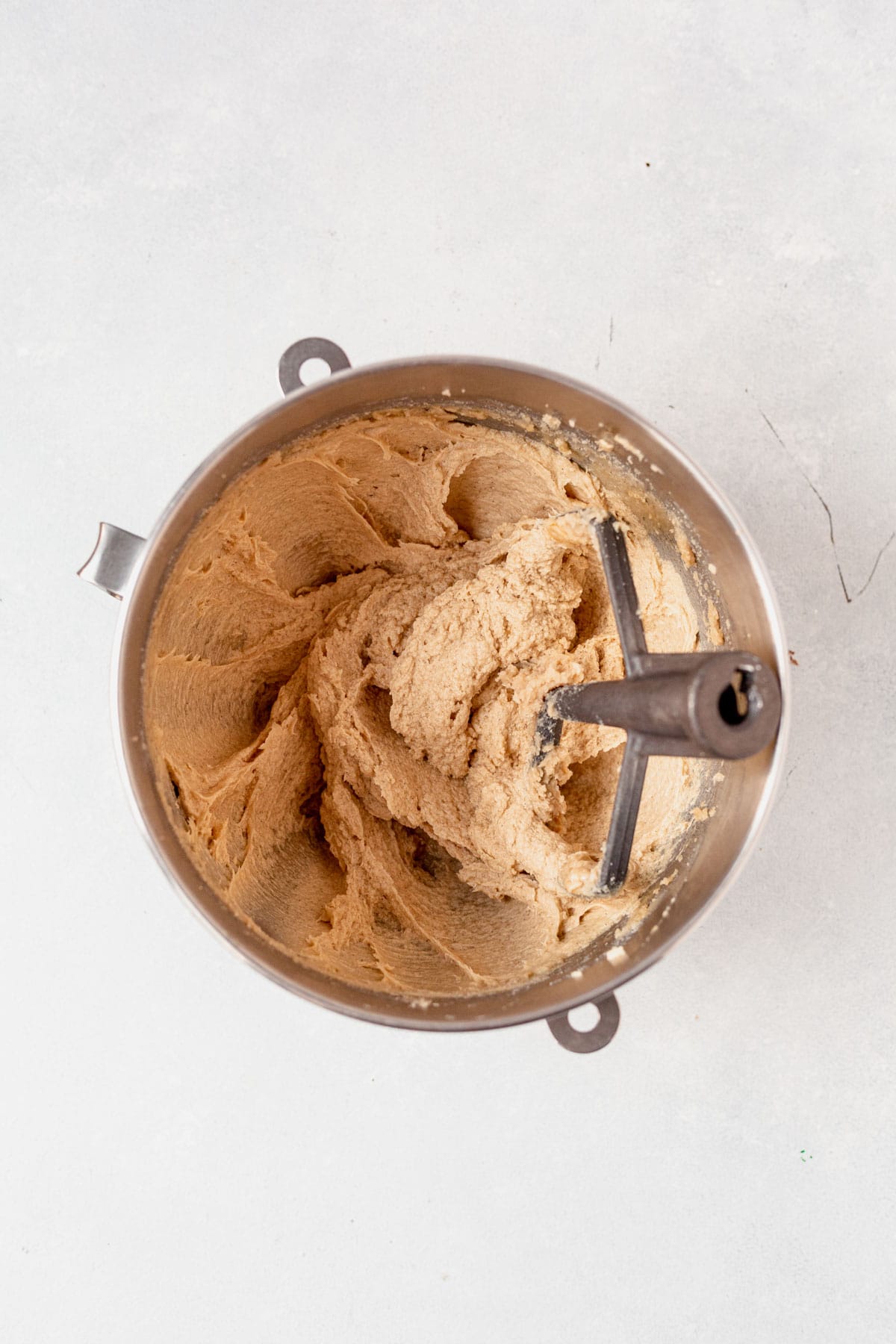
Best Liquid Sweetener Substitutes
You may need less or more of each depending on how sweet they are. We have recommended ratios with each type of sugar. Some sweeteners are much sweeter and some are slightly less sweet. You may need less than the recipe calls for or you may want to add a bit more!
Note: If you are using a liquid sweetener substitution, you will need to reduce the amount of liquid in your recipe accordingly. If you add in too much liquid, the recipe could be too “wet” and not suitable for baking.
For example, if you are using 1/4 cup of honey instead of 1 cup of coconut sugar, you may want to reduce the amount of another liquid in your recipe.
Maple Syrup
Pure maple syrup is a good substitute for coconut sugar because it is a natural sweetener that has a rich, sweet flavor.
We recommend a 4:3 ratio of coconut sugar to maple syrup. Meaning, for every 1 cup of coconut sugar, you will use 3/4 cup of maple syrup. If you use this substitution, we also suggest reducing other liquids in your recipe by 3-4 tablespoons.
If you are looking to test your substitution skills, try these Healthy Banana Muffins where we suggest using coconut sugar instead of maple syrup.
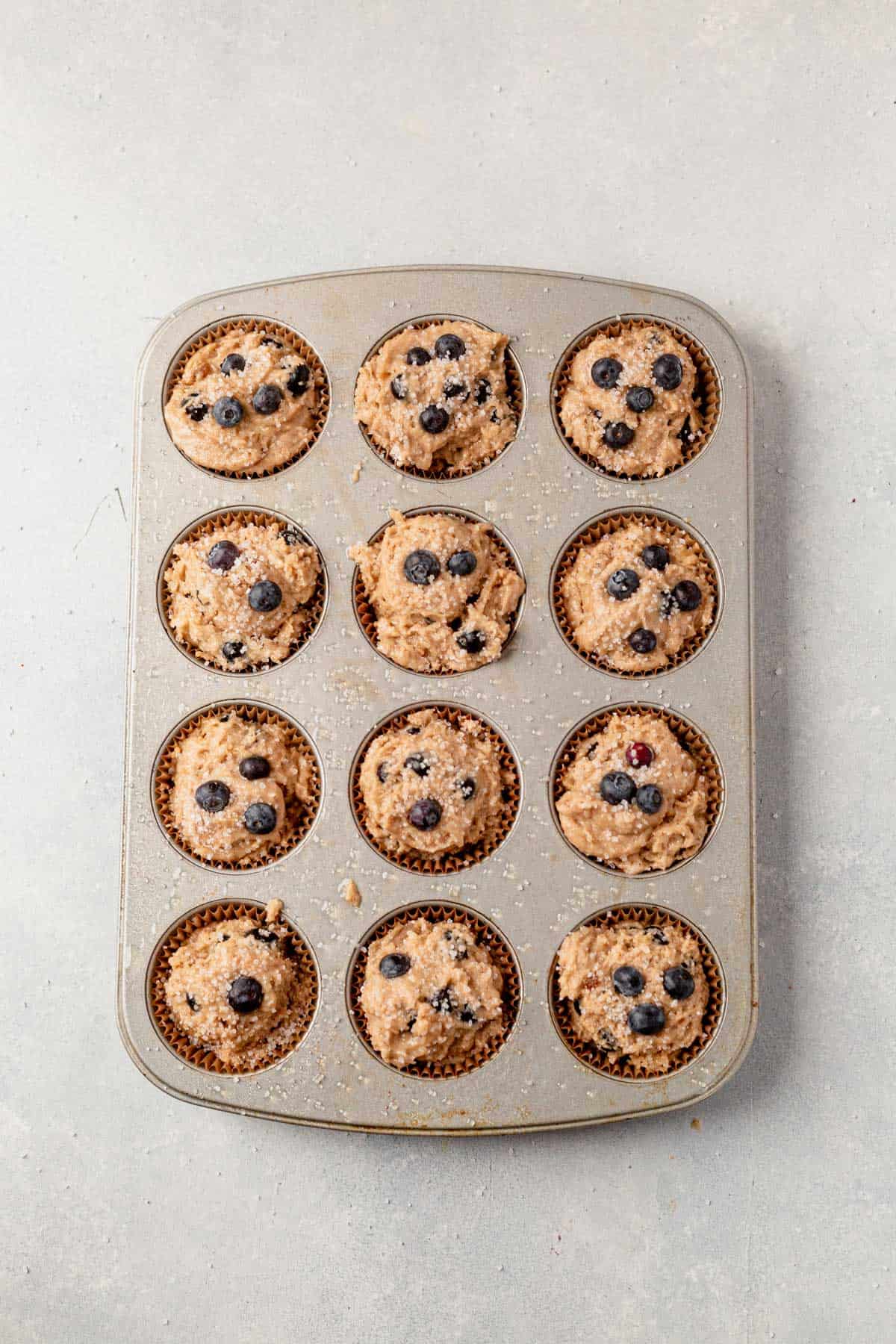
Raw Honey
Raw honey is another natural sweetener that can be used in place of coconut sugar. It has a similar consistency and sweetness level and can be used in recipes that require a liquid sweetener.
We recommend a 4:1 ratio of coconut sugar to raw honey. This means that for every 1 cup of coconut sugar, you will use 1/4 cup of raw honey.
Honey is a simple substitute for coconut sugar in savory recipes like in these healthy sloppy joes, Instant Pot Country style ribs, and sheet pan pork chops.
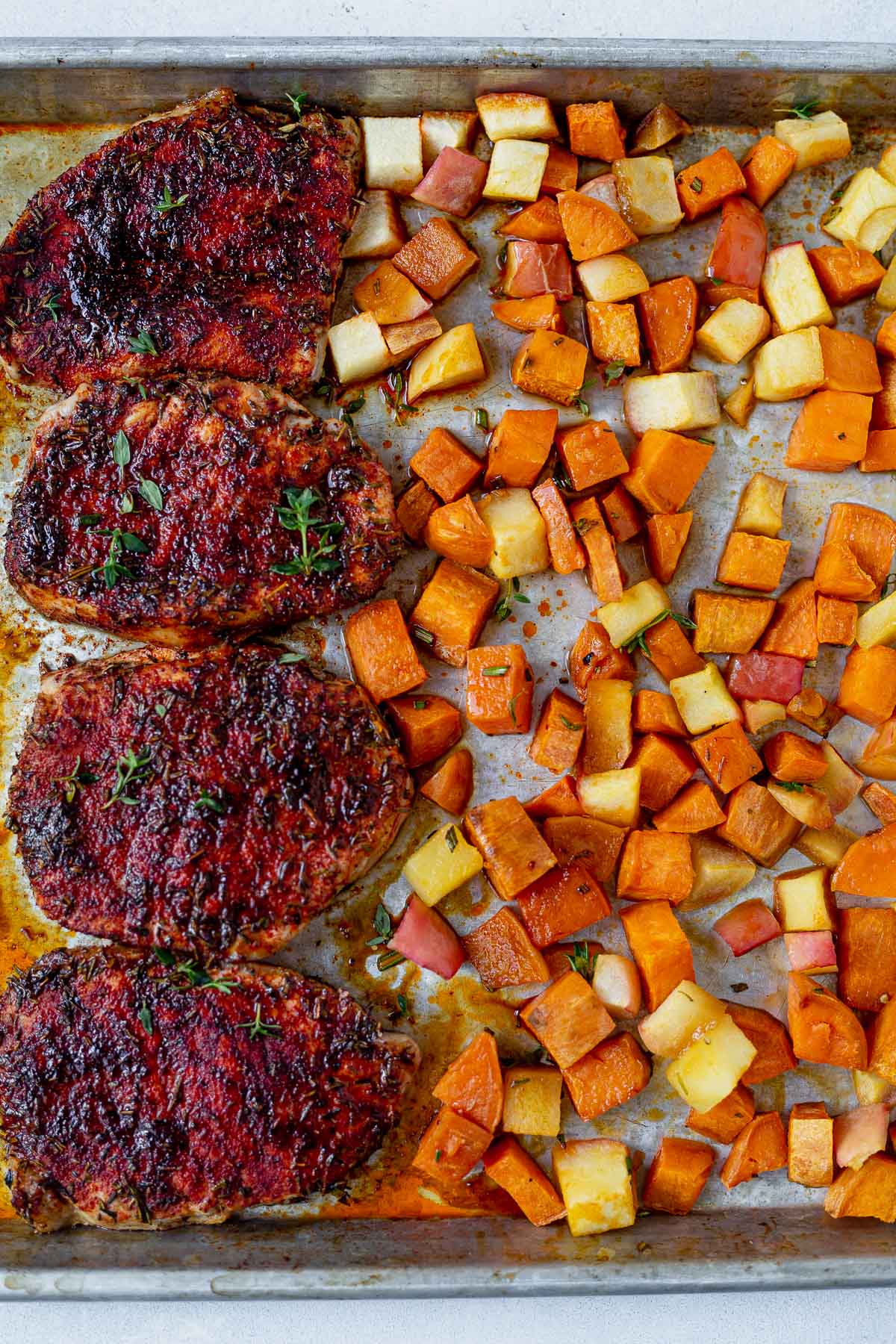
Agave Nectar
Agave nectar, also called agave syrup, is a natural sweetener that is commonly used as a substitute for sugar. It has a low glycemic index and can be used in recipes that require a liquid sweetener. However, it is about 1.5 times sweeter than sugar!
We recommend a 4:1 ratio of coconut sugar to raw honey. This means that for every 1 cup of coconut sugar, you will use 1/4 cup of agave nectar. Agave nectar is an especially great alternative in savory recipes and Mexican dishes like the spice mixture in these ground pork tacos.
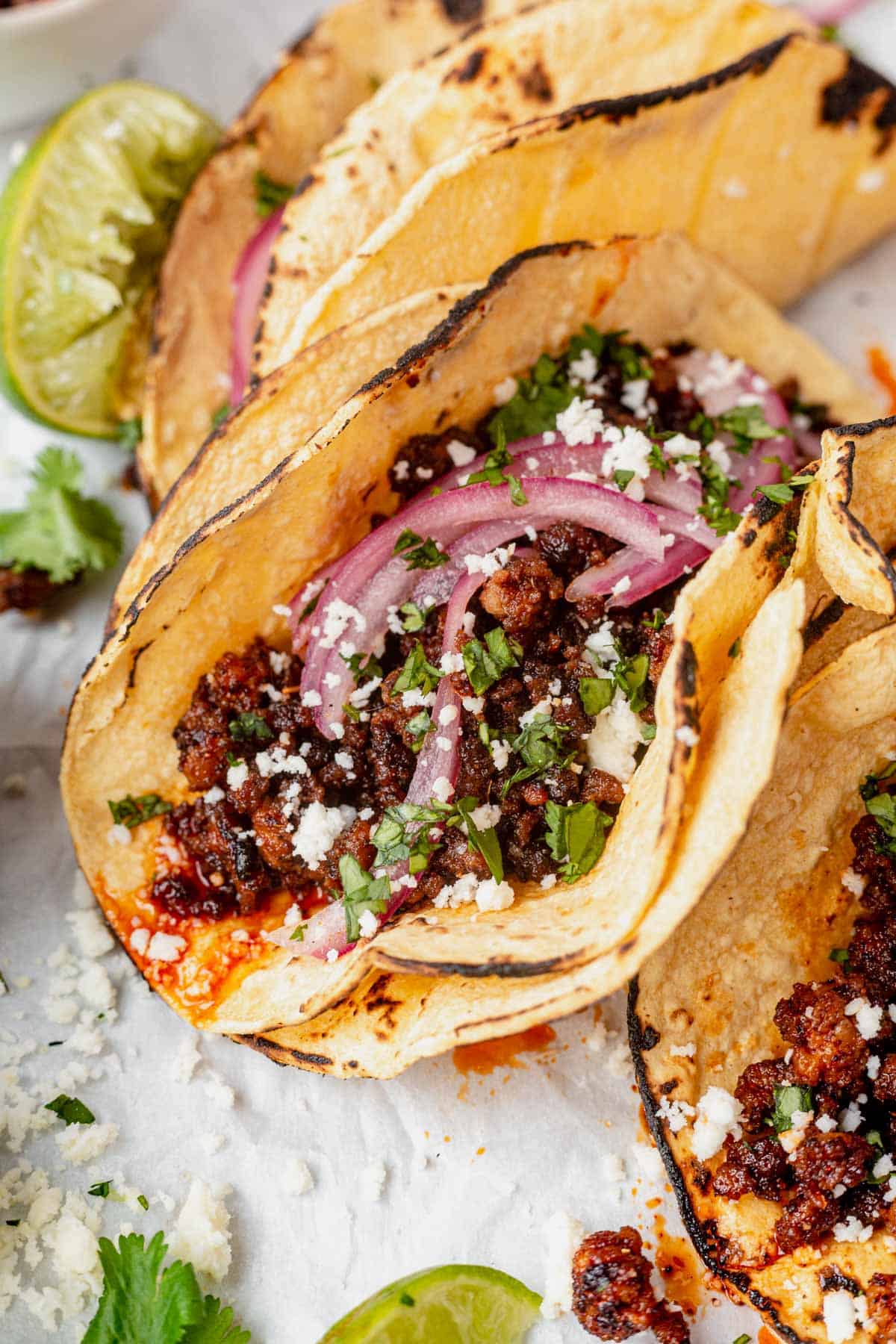
Best Low-Carb/Keto Sugar Substitutes
You may need less or more of each depending on how sweet they are. We have recommended ratios with each type of sugar. Some sweeteners are much sweeter and some are slightly less sweet. You may need less than the recipe calls for or you may want to add a bit more!
Monk Fruit
Monk fruit sweetener is a natural sweetener that is extracted from the monk fruit, a small round fruit native to southern China. It is a low-calorie sweetener and a good option for keto recipes. It is becoming more popular as a sugar substitute because it has a similar sweetness level to sugar without calories.
Monk fruit sweetener may be more expensive than coconut sugar, so keep that in mind when making your substitution.
We recommend a 3:1 ratio of coconut sugar to monk fruit sweetener. This means that for every 1 cup of coconut sugar, you will use 1/3 cup of monk fruit sweetener. You can add more sweeteners if needed. We use monkfruit sweetener in this copycat Starbucks Pink Drink.
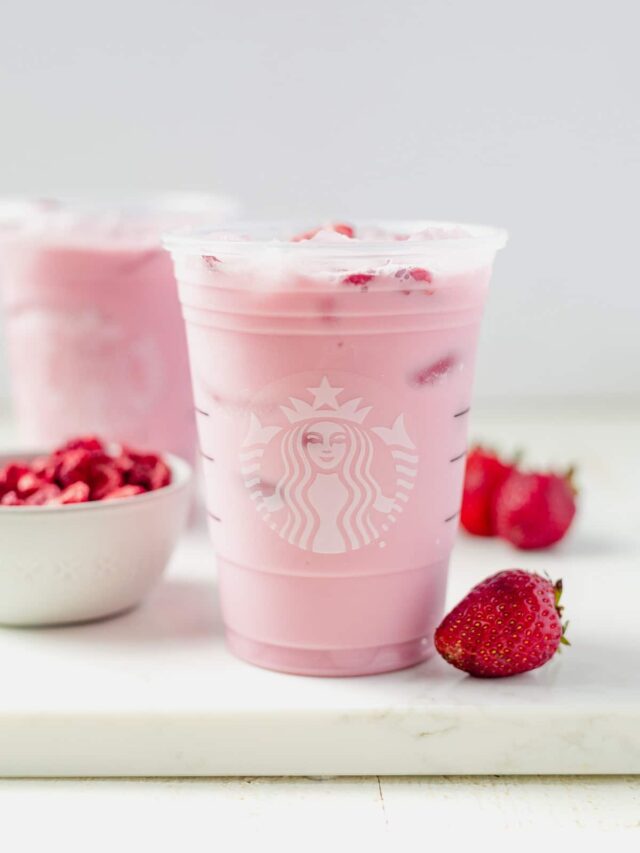
Stevia
Stevia is a plant-based natural sweetener that is extracted from the leaves of the stevia plant. It is low in calories and has a sweetness level that is several times higher than that of sugar (at least twice as sweet!). Stevia can be used in place of coconut sugar in recipes that require a powdered sweetener.
Due to Stevia’s added levels of sweetness, we recommend a 2:1 ratio. This means that if the recipe you are using asks for 1 cup of coconut sugar, you should use 1/2 cup of Stevia. Please taste and adjust as you go because everyone’s desired level of sweetness is different! We provide a keto option using stevia instead of coconut sugar in these paleo brownies. We also like to use stevia to lighten up drinks and cocktails like this skinny spicy margarita recipe.
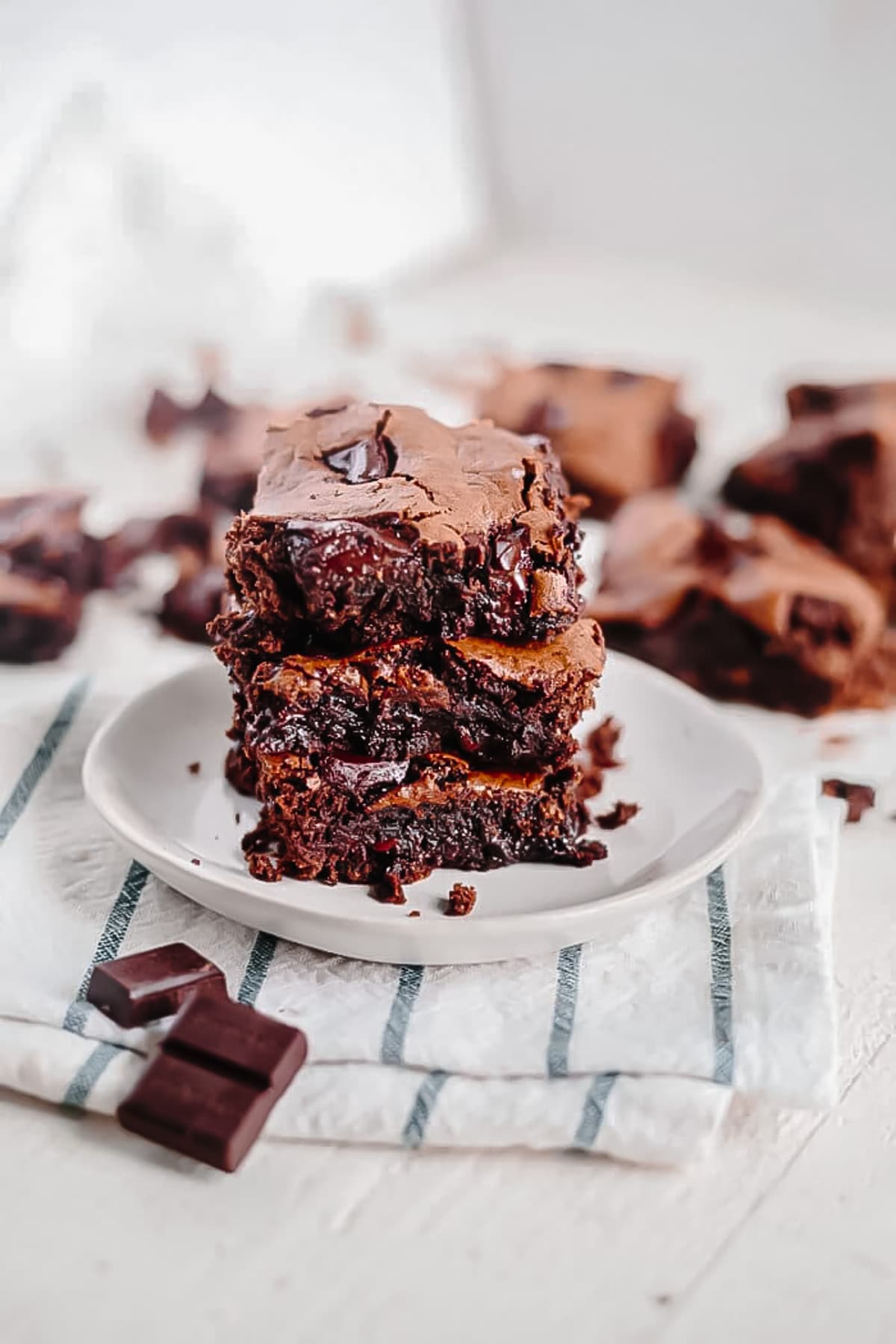
Erythritol
Erythritol is a sugar alcohol that is often used as a low-calorie sweetener. It has a sweetness level that is about 70% of that of sugar. Because it is slightly less sweet, you may need to add more erythritol to achieve the same level of sweetness.
We recommend a 3:4 ratio of coconut sugar to erythritol. This means that for every 1 cup of coconut sugar, you should add 1 and 1/3 cups of erythritol. These almond flour peanut butter cookies have a great keto substitution using erythritol instead of coconut sugar.
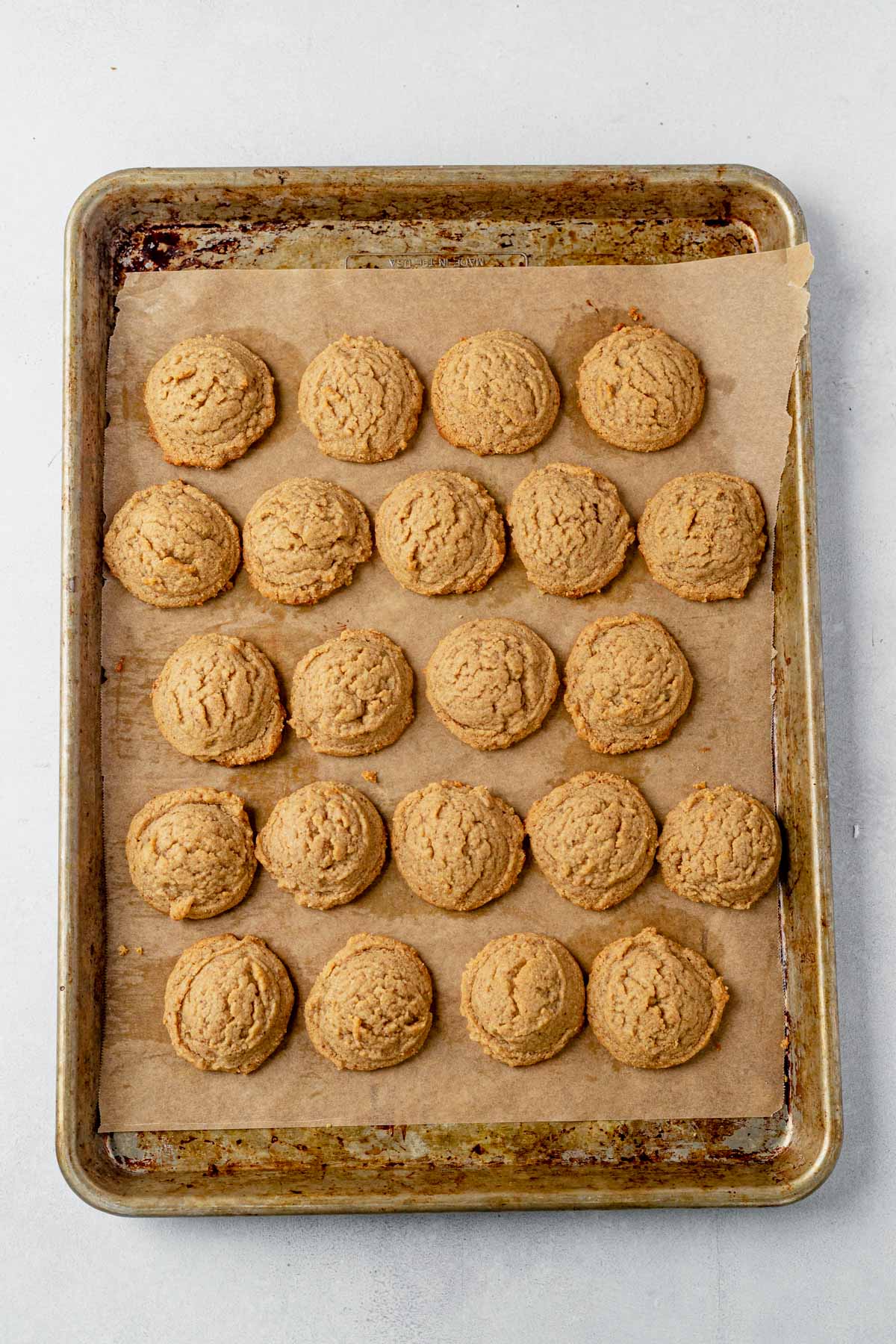
Is Coconut Sugar a Good Substitute for Sugar in Baking?
Coconut sugar is a good substitute for sugar in baking depending on the recipe. Coconut sugar is ideal for desserts with a moist batter (brownies!) and chewy cookies because it retains moisture well.
It’s very similar to regular table sugar and can be a healthier alternative because of its lower glycemic index.
Avoid using it in light desserts like gluten-free angel food cake or delicate flavors like in gluten-free lemon drizzle cake.
If you are looking to bake with coconut sugar, these Flourless Oatmeal Chocolate Chip Cookies are a great place to start!
Desserts with Coconut Sugar
Brownies: we use coconut sugar in these paleo brownies and tahini brownies.
Cookies: our favorite coconut flour chocolate chip cookies and paleo chocolate peppermint cookies.
Bread and Muffins: we like to use coconut sugar for almost any banana bread recipe including oat flour banana bread, paleo banana bread, or almond flour banana bread.
Quick desserts: we use coconut sugar in our healthy edible cookie dough instead of brown sugar in our popular edible cookie dough recipe. We also give options to use coconut sugar in this simple edible brownie batter.
Fruit desserts: the caramel flavor in coconut sugar goes well with most fruits, so try it in gluten-free apple pie, healthy apple crisp, or peach apple crisp.
Coconut sugar is also great for cooking with, especially in dry rubs or spice rubs, like on these Sheet Pan Pork Chops or Instant Pot Pulled Pork. Or trying using coconut sugar instead of honey or brown sugar in these easy chicken marinades.
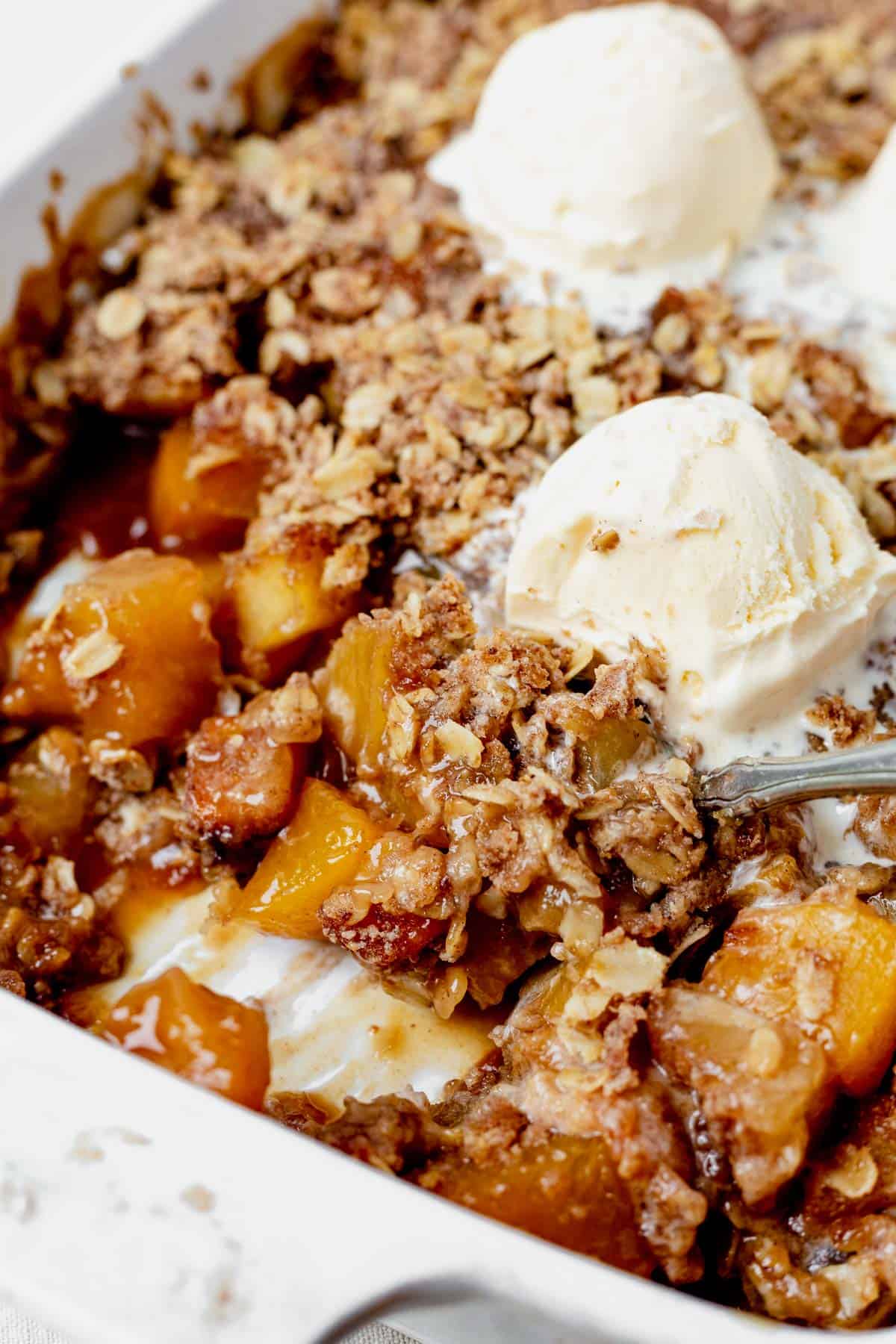
What is a Substitute for 1 Cup of Coconut Sugar?
This answer can vary depending on what type of substitution you are using (granulated, liquid, or low-carb).
Granulated sugars: Most offer a 1:1 ratio to substitute.
Liquid sweeteners: these are a bit more sweet and will add more liquid to your baked goods. Try using a 4:3 ratio. For every 1 cup of coconut sugar, use 3/4 cup liquid sweetener (maple syrup, honey etc.)
Low-carb options: each have different levels of sweetness, but a good rule of thumb is a 3:1 ratio. For every 1 cup of coconut sugar, use 1/3 cup of keto sweeteneers.
The exact substitution will be different based on which option you choose. You may need more than the recommended 1 cup or less.
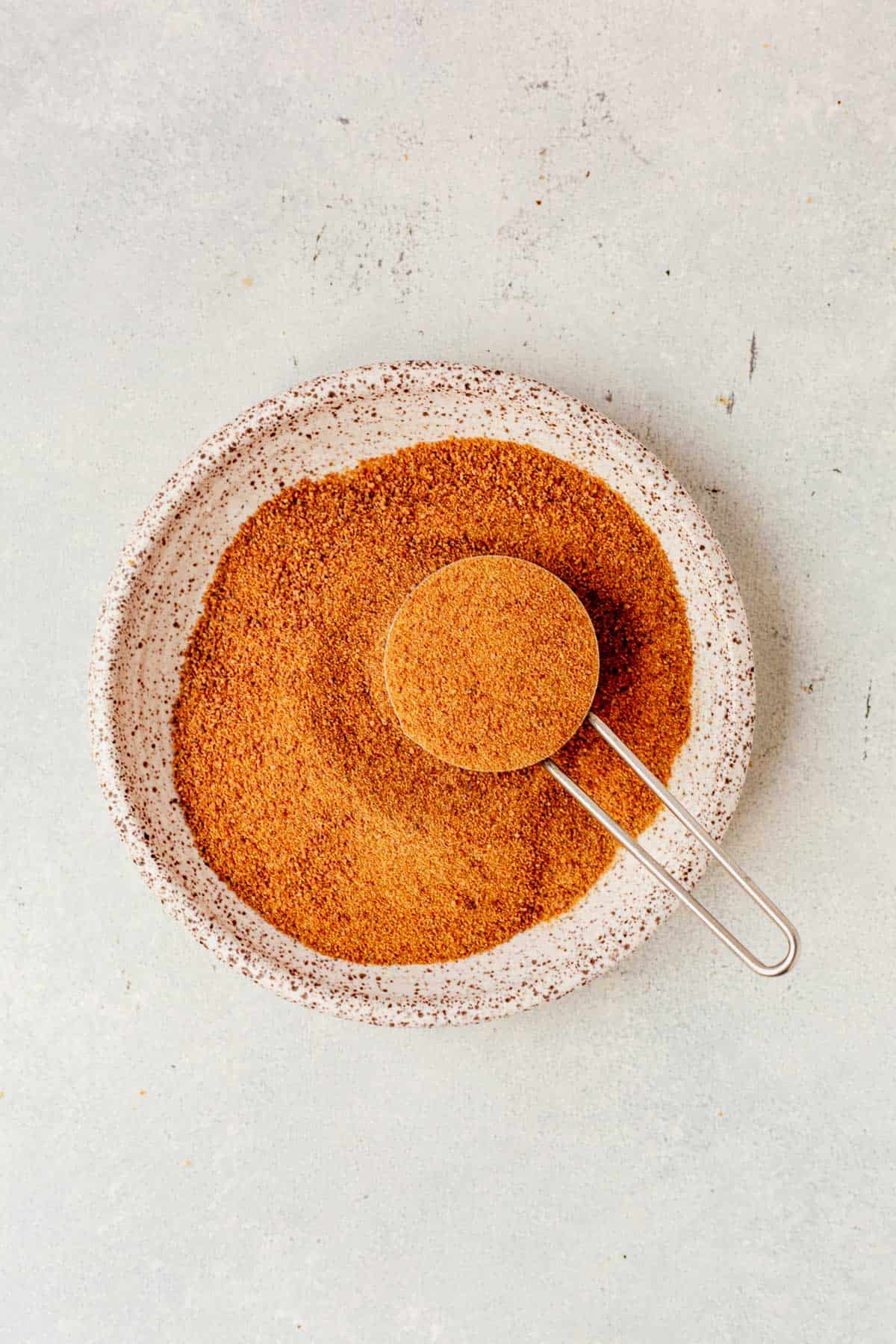
FAQs
In general, most granulated sugars are similar to coconut sugar. Light brown sugar is the most similar, but all granulated sugars (regular white sugar, turbinado sugar, or palm sugar) use a 1:1 ratio for substitution.
Coconut sugar contains healthy fats known to help prevent high cholesterol and heart disease. It also contains inulin. Inulin is a type of dietary fiber that keeps your gut healthy and balances your blood sugar.
The American Diabetes Association states that you should treat coconut sugar the same as regular sugar. Coconut sugar spikes your blood sugar less than regular sugar but it does contain similar calories and carbs. Please consult your doctor for what sugar is best for you!
This post may contain affiliate links. Read our disclosure policy.

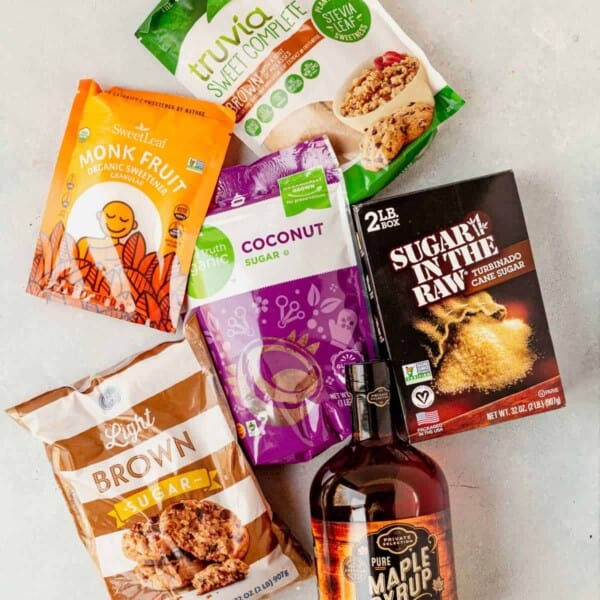









What a great read – thank you